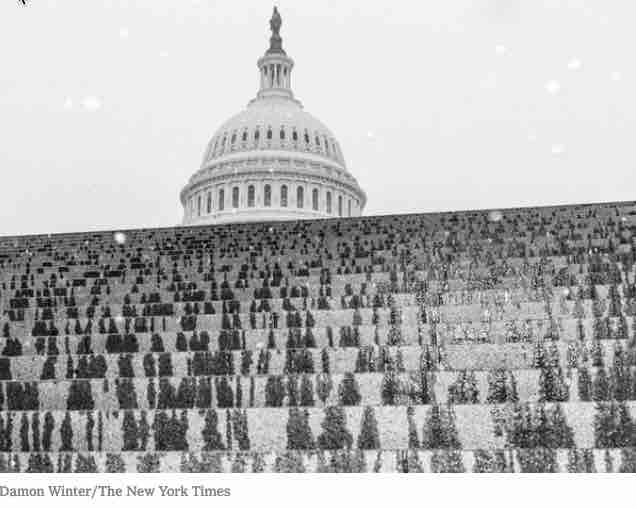By Bob Bauer and Jack Goldsmith
Mr. Bauer served as White House counsel to President Obama and as senior adviser for the Biden campaign. Mr. Goldsmith served in the George W. Bush administration as an assistant attorney general and as special counsel to the Department of Defense. They are the authors of “After Trump: Reconstructing the Presidency.
Now that Donald Trump’s time in the White House is ending, an urgent task is the reform of the presidency that for four years he sought to shape in his image and to run in his personal and political self-interest. What those years have shown is that the array of laws and norms that arose after Watergate and Vietnam requires an overhaul.
Any program for reform of the presidency must give precedence to our health and economic crises. It must also acknowledge political realities. Some reforms can be carried out by the executive branch, but others require legislation. Those must attract at least modest bipartisan support in the Senate.
With these constraints in mind, an agenda for reform of the presidency could realistically reflect the following priorities:
Executive Branch Reforms
These reforms should focus on restoring the integrity of the rule of law, especially to check presidential interventions in law enforcement for self-protection or to harm political enemies. The Constitution vests executive law enforcement power in the president, so the executive branch must institute most of these reforms. Internal branch reforms lack legal enforceability but can establish or reinforce guardrails that constrain even norm-breaking presidencies, especially by influencing presidential subordinates.
Because President Trump defied them regularly, and sometimes his Justice Department did, too, there’s a lot of skepticism about norms. But actually norms succeeded more in checking him than has been appreciated — for example, in ensuring that Robert Mueller, despite Mr. Trump’s opposition, could complete his inquiry; in protecting federal prosecutors in New York in any investigation of matters related to Mr. Trump; and in preventing the Justice Department from carrying out the president’s desire to prosecute his enemies.
Reforms should include sharpening Justice Department regulations against political bias in law enforcement; extending to the attorney general the department norms against interfering in investigations; clarifying the rules for investigations of presidents and presidential campaigns to protect against the political impact of investigative steps or announcements, like actions taken close to an election; and changing the regulations so that a special counsel possesses enhanced independence from the attorney general and can report to Congress and American people the facts of any credible allegations of criminal conduct against a president or senior executive branch official.




